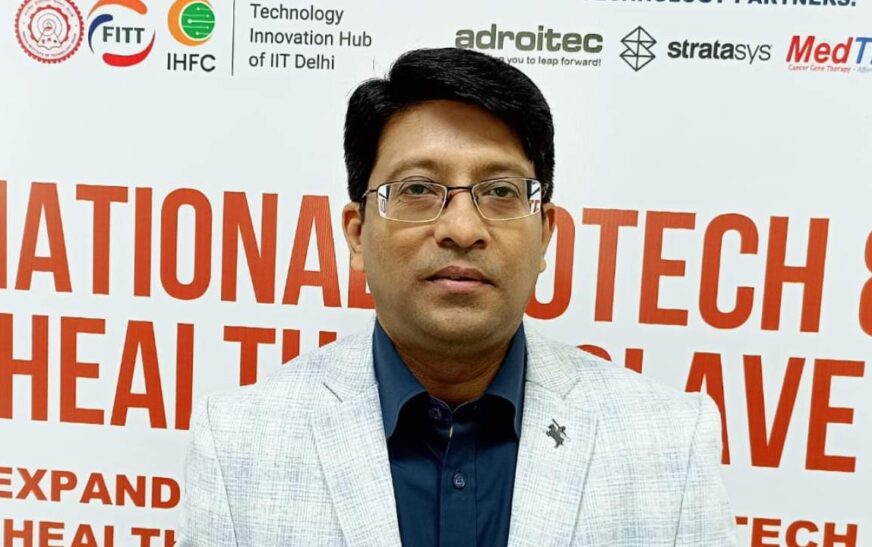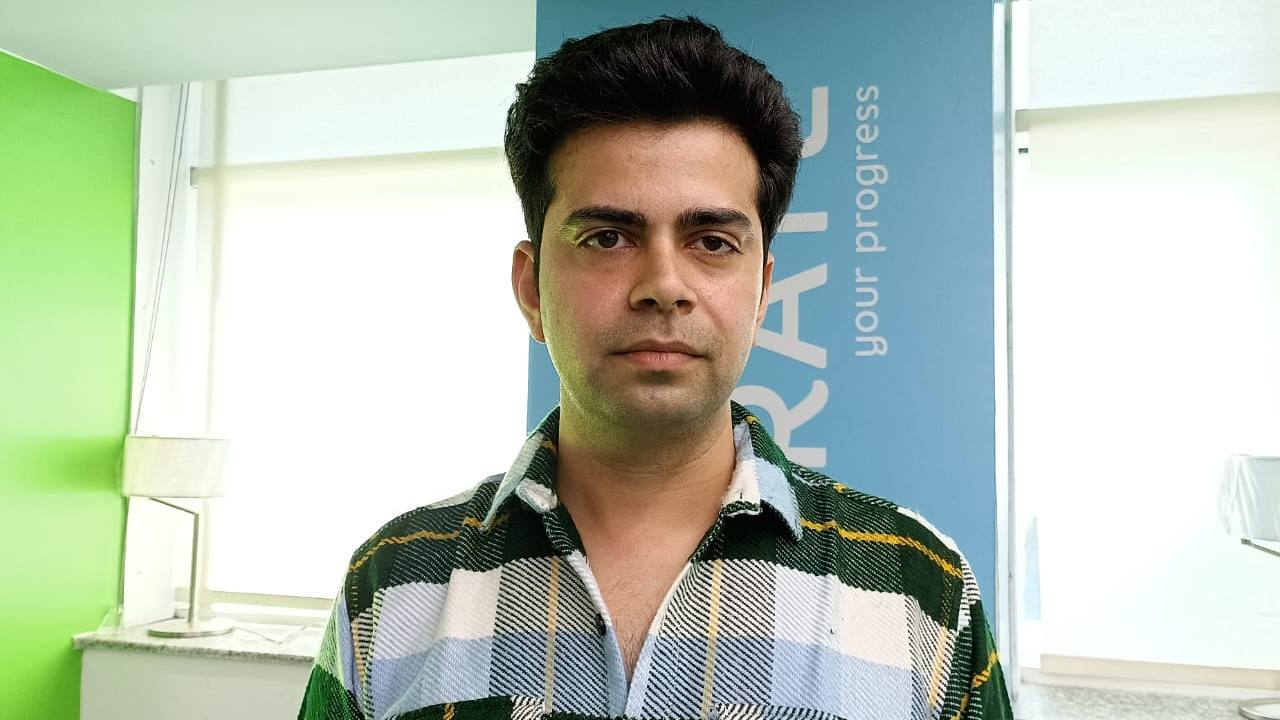GLF Business School (GLFBS), Kolkata, is redefining management education in India. Affiliated with West Bengal State University, it has spent nearly a decade carving its niche as a leader in academic innovation and excellence. GLFBS blends cutting-edge knowledge, ground-breaking research, industry expertise, and global insights to craft management programs that are nothing short of transformative. As the first business school in India to integrate Business Analytics into its curriculum, GLFBS also offers specialized programs in Data Science, Artificial Intelligence, and Biotechnology—empowering students to thrive in an increasingly tech-driven world.
But GLFBS doesn’t stop there. It is also the first institution in India to offer a specialization in Valuation Studies, covering all three asset classes. Moreover, this program equips students with the skills to master a critical, high-demand field that’s reshaping industries worldwide.
The accolades speak for themselves. Recognized by the Ministry of MSME, Government of India, GLFBS is the nation’s first business school designated as both a Host Institute and Business Incubator. Its dedication to fostering entrepreneurship and championing startups cements its role as a vital force in the innovation ecosystem.
Ranked among India’s Top 10 Management Institutes by Higher Education Review, GLFBS is no stranger to recognition. It has claimed the prestigious ASSOCHAM Best B-School Award three years in a row—a testament to its relentless pursuit of excellence.
At NBHC 2024, The Interview World caught up with Prof. Avijit Banerjee, Director and Professor, and Chairman of TISEC, GLF Business School. In a conversation brimming with insights, he detailed the institution’s groundbreaking initiatives in biotech and healthcare education. He also highlighted how the government’s Bio-E3 program and the Global Bio India conference could catalyze real, measurable change through robust stakeholder collaboration. Prof. Banerjee also pointed to emerging opportunities in biotech and revealed plans for new courses and facilities tailored to the needs of an ever-evolving technological landscape.
Here’s a deep dive into the key highlights from this visionary discussion.
Q: What initiatives and strategies is GLF Business School implementing to develop management expertise specifically tailored for the biotech and healthcare sectors?
A: GLF Business School stands as a pioneer among the nation’s top management institutions. We were one of the first to introduce an MBA program in Biotechnology Management, marking our commitment to innovation in education. The biotechnology sector, with its vast potential, is emerging as a transformative field comparable to the IT industry in terms of influence and job opportunities.
Notably, this sector boasts a high employability rate. While the pharmaceutical industry accounts for 60% of its contributions, biotechnology offers diverse career pathways extending beyond national borders into global markets. Government agencies, such as the Department of Biotechnology, have begun recognizing MBA degrees in Biotechnology Management for higher-level promotions, a recognition previously reserved for MSc or MTech qualifications.
As one of the few institutions in India offering this specialized program, we equip our students with the skills and knowledge to thrive in this rapidly expanding domain. With immense career opportunities on the horizon, we are excited to shape the future of biotechnology management.
Q: How can the government’s Bio-E3 program and Global Bio India conference drive impactful outcomes through stakeholder involvement?
A: A clear dichotomy emerges when the government introduces a policy but fails to follow through with comprehensive operational plans. For instance, in August this year, the government announced the ambitious Bio-E3 program. Additionally, it hosts the annual Global Bio India conference and exhibition on a massive scale, showcasing its commitment to the biotechnology sector.
I remain highly optimistic about these initiatives. However, their success hinges on the active participation and capability of diverse stakeholders. The outcomes will ultimately depend on how effectively these stakeholders engage and execute their roles.
Q: What key opportunities do you see emerging in the biotech sector?
A: India’s pharmaceutical sector has long been a cornerstone of its economy, experiencing sustained growth and global recognition. In recent years, biotechnology has emerged as a game-changer within this sector, driving innovation and expanding possibilities. The COVID-19 pandemic highlighted the indispensable role of biotechnology in transforming pharmaceutical solutions, from vaccine development to advanced therapeutics. This shift has sparked a renewed focus on biotech integration, creating a wealth of opportunities. Over the next decade, this synergy promises to revolutionize healthcare and propel the industry into unprecedented growth.
Q: What new courses or facilities focused on emerging technologies is your institution planning to launch over the next five years?
A: We are on the cusp of launching a cutting-edge medical simulation and robotics center, a groundbreaking initiative for the region. Inspired by the medical robotics center established by IIT Delhi two years ago, this new facility in Kolkata will feature a comprehensive suite of advanced technologies designed to revolutionize medical training and innovation. With its full range of capabilities, it will be the second such center in India and the first in the eastern region. This milestone also positions Kolkata as a leader in medical advancements, offering unparalleled opportunities for skill development, research, and collaboration in healthcare technology across the nation.








